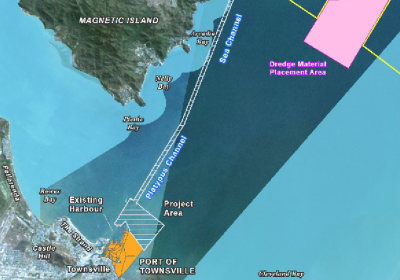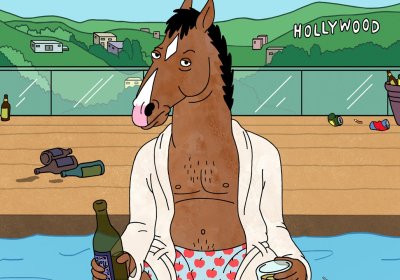Delegates to the recent Labour Party conference in the English seaside town of Brighton seemed not to notice a video playing in the main entrance. The world’s third biggest arms manufacturer, BAe Systems, supplier to Saudi Arabia, was promoting its guns, bombs, missiles, naval ships and fighter aircraft.
It seemed a perfidious symbol of a party in which millions of Britons now invest their political hopes. Once the preserve of Tony Blair, it is now led by Jeremy Corbyn, whose career has been very different and is rare in British establishment politics.











